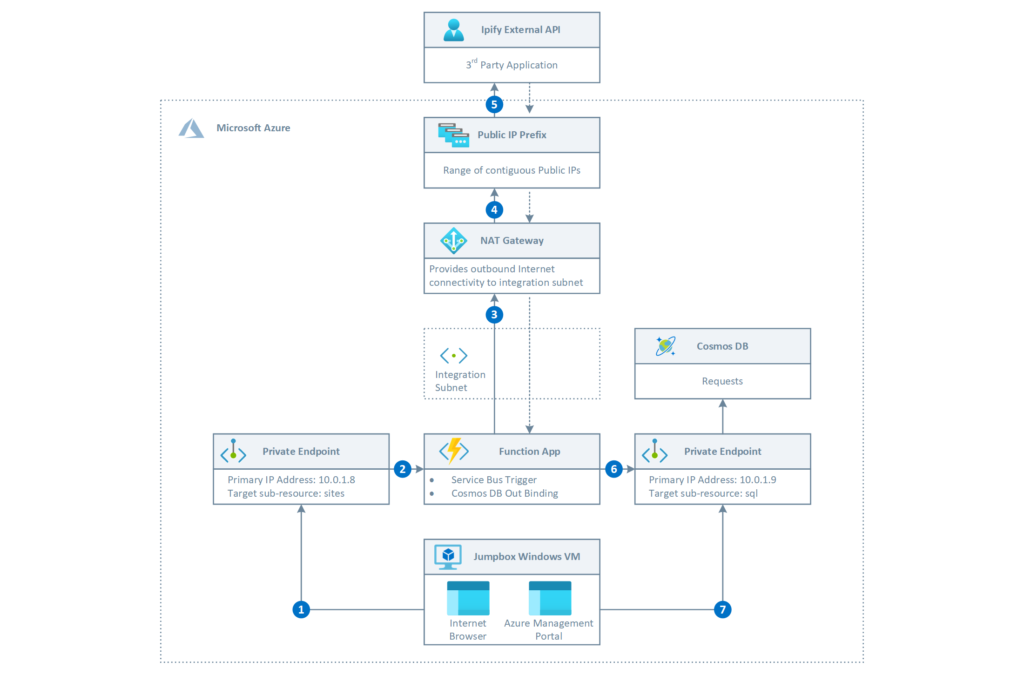Azure has built its reputation as one of the best cloud-based services due to the wide range of features it offers to businesses across diverse industries. But choosing the right cloud service can become quite challenging, especially if you are not aware of the pros and cons of each of them. Azure App Service & Azure Functions are two of the most famous Azure services. Let’s see how both of them are different from each other and what benefits they offer to businesses.
What is Azure App Service?
Azure App Service is a Platform as a Service (PaaS) used to host applications and Rest APIs. Web applications or services developed using any programming language can be hosted using the Azure app service.
You get complete coverage of management tasks handled by Azure if you are using Azure App Service. All you have to do is to manage the application and its data. The rest is handled by Azure. You no longer have to worry about the installation of updates or patches at all. Your entire focus can be on your application while Azure ensures that everything related to your application’s performance is managed without any hassle on your end.
Pros & Cons of Azure App Service
Developing and hosting apps is a major issue for businesses. Azure App Service makes it easier for businesses to develop and host apps by minimizing the hassle of managing tasks like updating, patching, infrastructure modifications, and a wide range of other application-critical tasks. Azure App Service also supports containerization. All of your containerized applications can be managed well by this Azure service.
Azure App Service can turn out to be quite expensive if your enterprise is quite large and consumes a lot of cloud resources. Users must also have a Microsoft Azure account to benefit from this service.
What is Azure Functions?
With Azure Functions, your application can execute code that is triggered by events in Azure or third-party services. Developers can easily implement events in either programming languages or scripting languages.
You can trigger Azure Functions through CRON expressions, Azure Storage Blob containers, Azure Queues, or HTTP triggers. As a developer, you don’t have to worry about the data flowing for the execution of functions. All you have to do is to interact with the data sources or services to achieve the desired results.
Pros & Cons of Azure Functions
Azure Functions offers an automatic scaling feature so that you not only have efficiency but also prevent yourself from paying for unused resources.
Azure Functions may not be very beneficial for those applications which are simple. It is even more expensive for applications with a high influx of traffic.


